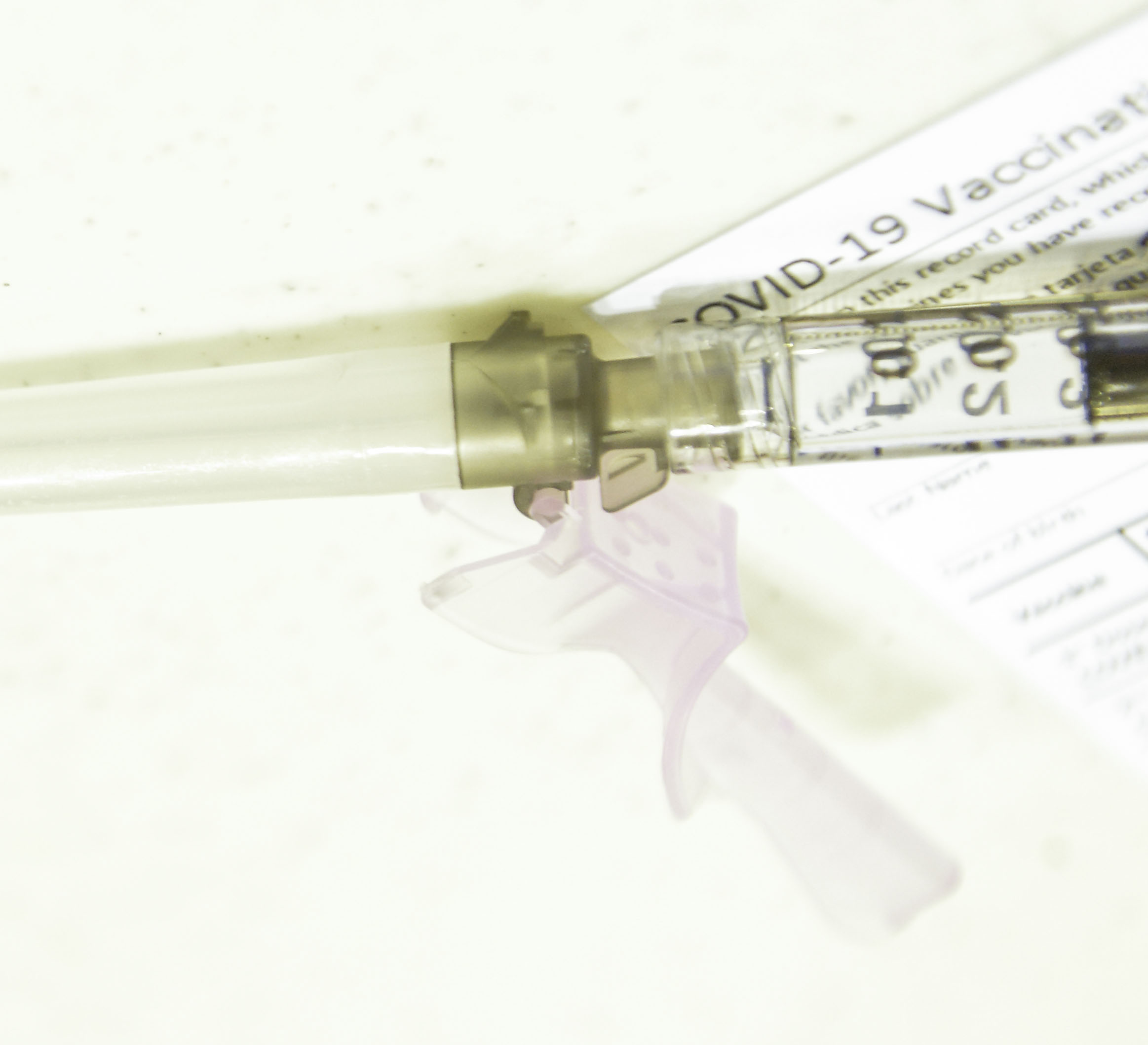This is the first in a four-part series of FAQs provided by WVU Medicine. Because of length, we are publishing the questions and answers in four parts. Part 2 is available HERE.
Newsroom@DominionPost.com
As access to the coronavirus vaccine begins to make its way through the state and country, many people have questions about its safety, possible side effects and effectiveness. To help assuage any fears about the vaccine, the WVU Medicine Pharmacy Team put together the following frequently asked questions.
What is an Emergency Use Authorization?
Emergency Use Authorization occurs when the U.S. Food and Drug Administration allows a drug or vaccine to be used during a public health emergency. The FDA may choose to grant EUA once studies have demonstrated the safety and effectiveness of a vaccine, but before the manufacturer has submitted or the FDA has completed its formal review of the license application. EUAs provide timely access to critical medical products during a medical emergency when there are no sufficient treatments or vaccines available.
Which vaccines have been granted EUA?
To date, two vaccines have been granted EUA. They are:
- Pfizer — for ages 16 and older — two doses given intramuscularly 21 days apart — EUA granted Dec. 11
- Moderna — for ages 18 and older — two doses given intramuscularly 28 days apart — EUA granted Dec. 18
Will the COVID-19 vaccines be safe?
In phase 3 clinical trials, COVID-19 vaccines are tested in tens of thousands of participants for safety and efficacy. To date, no serious safety concerns have been reported by an independent Data and Safety Monitoring Board overseeing the phase 3 clinical trials of the Pfizer and Moderna mRNA COVID-19 vaccines. Both vaccines met the safety and efficacy requirements outlined by the FDA to obtain EUA. In the safety analysis of the Pfizer and Moderna vaccines, patients were followed for at least two months after they received their second dose of the vaccine.
What side effects will the vaccine have?
In the Pfizer and Moderna vaccine clinical trials, the majority of side effects reported were mild to moderate, short-lived, and happened within the first few days of receiving the vaccine. Examples of common mild to moderate side effects include pain at the injection site, headache, fatigue, fever, or chills. Side effect occurrence is typically higher after the second dose of the vaccine.
In Phase 3 clinical trials, the most common severe side effects reported were as follows:
- Pfizer vaccine — fatigue: 3.8%, headache: 2%
- Moderna vaccine — fatigue: 9.7%, muscle pain: 8.9%, joint pain: 5.2%, headache: 4.5%, pain: 4.1%
Are there going to be long-term side effects from the vaccines?
Historically, long-term side effects from vaccines has been rare. A Vaccine Advisory Committee member to the FDA said historically, most side effects have been seen within the first 60 days of receiving vaccines.
How will side effects from the vaccines be treated?
Side effects from vaccines are typically short-lived. You may take medications for pain or fever after you have been vaccinated. If you are concerned about your health after getting vaccinated, talk with your doctor. He or she will determine the appropriate treatment. You or your doctor can choose to report the side effect to the Vaccine Adverse Event Reporting System. Information on how to submit a report to VAERS is available at vaers.hhs.gov/index.html or 800-822-7967.
Should pre-medications be given prior to vaccination?
Taking medications such as acetaminophen or ibuprofen before receiving the vaccine to try to prevent side effects like fever or pain is not recommended at this time. This is because there is not enough information on how this will impact antibody responses, though you can take these medications after receiving the vaccine if you develop side effects.
Are there any contraindications (conditions or factors that would be a reason to withhold vaccination due to harm) to receiving the vaccine?
The only current contraindication to receiving the COVID-19 vaccines is anaphylaxis to any components of the COVID-19 vaccines. The vaccines are still being studied in pediatric populations. Individuals under 16 years of age are not eligible for the Pfizer vaccine, and those under 18 are not eligible for the Moderna vaccine.




